Online
In conversation: Jason Moran, Elio Villafranca & Project Co-Curators
– ,
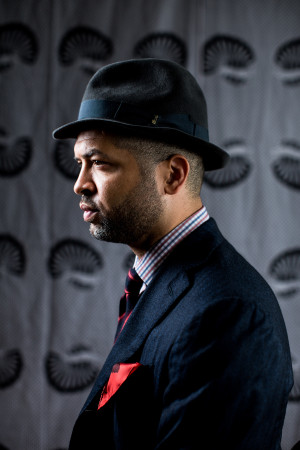

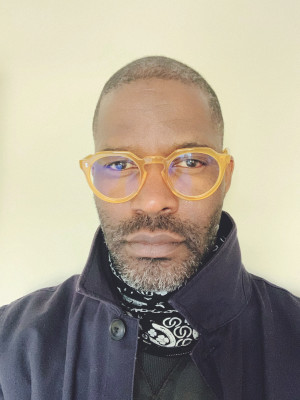
Reece Ewing initially imagined IN·FLO·RES·CENCE as an art initiative whereby jazz could be shared and discovered in a context focusing on gathering, communion, critical discussion, provocation, and joy. He is a Filmmaker and Emmy nominated and award-winning Producer working in Visual Effects and Post Production across television, film and advertising. Ewing’s work as a filmmaker is a response to large-scale production that can require upwards of hundreds to people to produce. In contrast, his filmmaking is a studio practice focused on working in isolation and one-on-one collaborations.
Ewing has been greatly informed by his music studies. His continued practice of listening to jazz consists of challenging himself to expand what he is listening to and how he listens. His decision-making, problem-solving and activism are all defined by how he thinks musically.
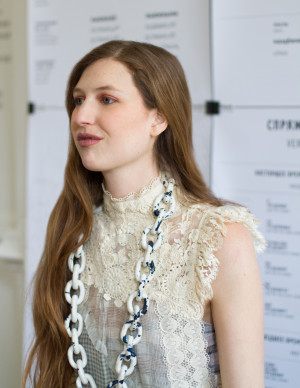
Jazz Musicians Jason Moran & Elio Villafranca in-conversation with IN·FLO·RES·CENCE Co-Curators Elvira Dyangani Ose, Reece Ewing, and Katherine Finerty about call and response and the cross-modality of music and art.
This discussion includes an introduction to IN·FLO·RES·CENCE and each of the four speakers, followed by an hour-long conversation focussing on the cross-pollination of sound and object. It unfolds as a call and response: Elio responding to the 10 international composers, Jason responding to Elio’s performances, and the curators responding to both of these musicians’ own arts practices and experimental approaches to rhizomatic forms of storytelling.
JASON MORAN
Jazz pianist, composer, and artist Jason Moran was born in Houston, Texas in 1975. This boundary-bursting artist grounds his practice in the composition of jazz, bridging the visual and performing arts through spellbinding stagecraft. Heralded as one of the country’s leading jazz innovators, Moran transmutes his personal experience of the world into dynamic musical compositions that challenge the formal conventions of the medium. His experimental approach to art-making embraces the intersection of objects and sound, pushing beyond the traditional in ways that are inherently theatrical.
Moran’s activity stretches beyond the 15 critically acclaimed solo recordings and collaborations with artists from Cassandra Wilson to Kara Walker to Ava Duvernay showcase his reach. His 21 year relationship with his trio The Bandwagon (with drummer Nasheet Waits and bassist Tarus Mateen) has resulted in a profound discography for Blue Note Records and Yes Records, a label he co-owns with his wife, singer and composer Alicia Hall Moran. He is Artistic Director for Jazz at The Kennedy Center and teaches at New England Conservatory.
This intimate conversation frames the role of an art space to galvanise audiences around sound and art in critical and unconventional approaches; and the role of a musician as interpreter who amplifies individual voices and collective memories. Other topics brought to life include the limitations and unlimited potential of a short composition commission; the didactic power and unexpected experiences of playing music from home rather than in a concert hall or club; memories of the legendary Cecil Taylor, whose 1989 avant-garde album In Florescence gave inspiration to this project; the geopolitics of jazz as a source of poetic knowledge an interrogation of cultural; and global listening practices. Moreover, this discussion delves deeply into the historical, geographical, and ancestral sacrifices allowing for jazz to resonant around the world as a symbol for freedom, multiplicity, and collective syncopation, imparting how to code with rhythm, dream the impossible, create something new, and be an agent for social justice and sonic change.
Project Commissioner Reece Ewing and these two iconic NYC-based jazz pianists also shed further light on the symbolic decision to have IN·FLO·RES·CENCE communicated through the voice of a piano solo. They discuss the piano’s rich modern jazz tradition and how it intersects every music crossroad as a percussion instrument capable of creating a triad of rhythm, melody, and harmony that defies definition and represents freedom. The piano’s diverse genre-neutrality, international resonance, transatlantic history, roots in blackness, potential to communicate through melody vs. rhythm, and harmonic transcendence are all factors that empower Elio’s interpretations of the 10 commissions to take new shape in performances, find resonance in an arts context, and create an endless possibility of connections. It’s about bringing ideas, histories, and bodies – whether it be physically or digitally – together.
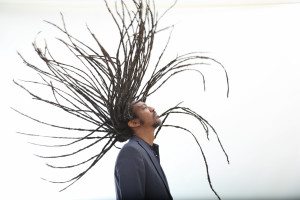
Related
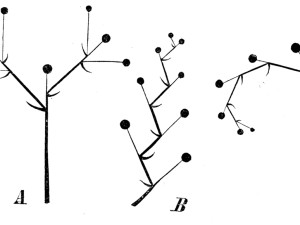
Online
Fortnightly Highlight 9: IN·FLO·RES·CENCE
–
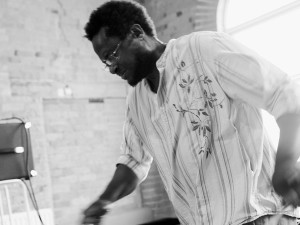
Event
Introducing Composer Corey Mwamba
–

Online
Introducing Composer Sarathy Korwar
–

Online
Introducing Composer Siya Makuzeni
–
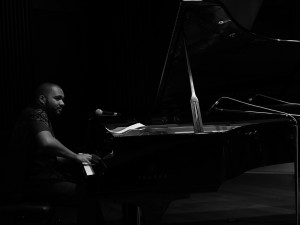
Online
Introducing Composer Bokani Dyer
–
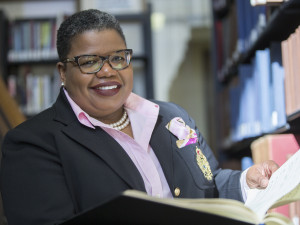
Online event
In conversation: Dr. Tammy Kernodle with Elaine Mitchener, Siya Makuzeni & Thandi Ntuli
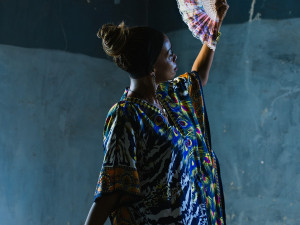
Online event
Introducing Composer Leyanis Valdés Reyes
–

Online event
In conversation: Phoebe Boswell, Laura Lima, Nduduzo Makhathini & Elvira Dyangani Ose
–
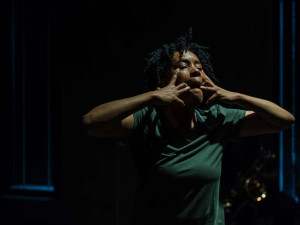
Online event
In conversation: Elaine Mitchener, Kodwo Eshun, Temi Odumosu & Elvira Dyangani Ose
–
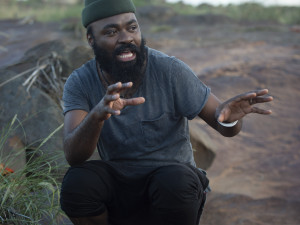
Online event
Introducing Nduduzo Makhathini
–

Online event
In conversation: Vijay Iyer, Andrea Giunta, Brinda Kumar & Kevin LeGendre
–
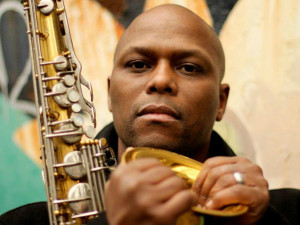
Online event
Introducing J.D. Allen
– ,
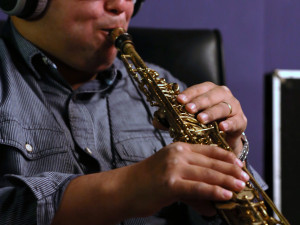
Online
Introducing Luis Carlos Pérez
–
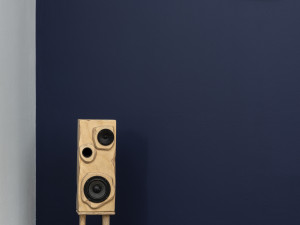
Online
In conversation: Andrew Pierre Hart, Charmaine Watkiss, Nduduzo Makhathini & Katherine Finerty
–
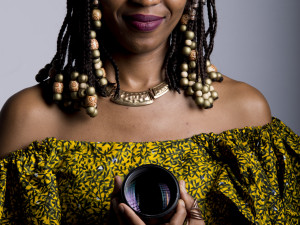
Online
Introducing Composer Thandi Ntuli
–
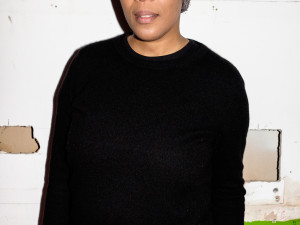
Online
Introducing Composer Elaine Mitchener
–

Online
Introducing Artist-in-Residence Elio Villafranca
– ,
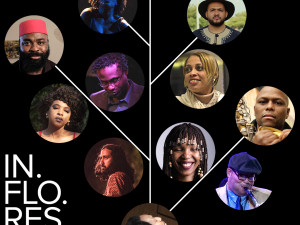
Exhibition
IN·FLO·RES·CENCE
–